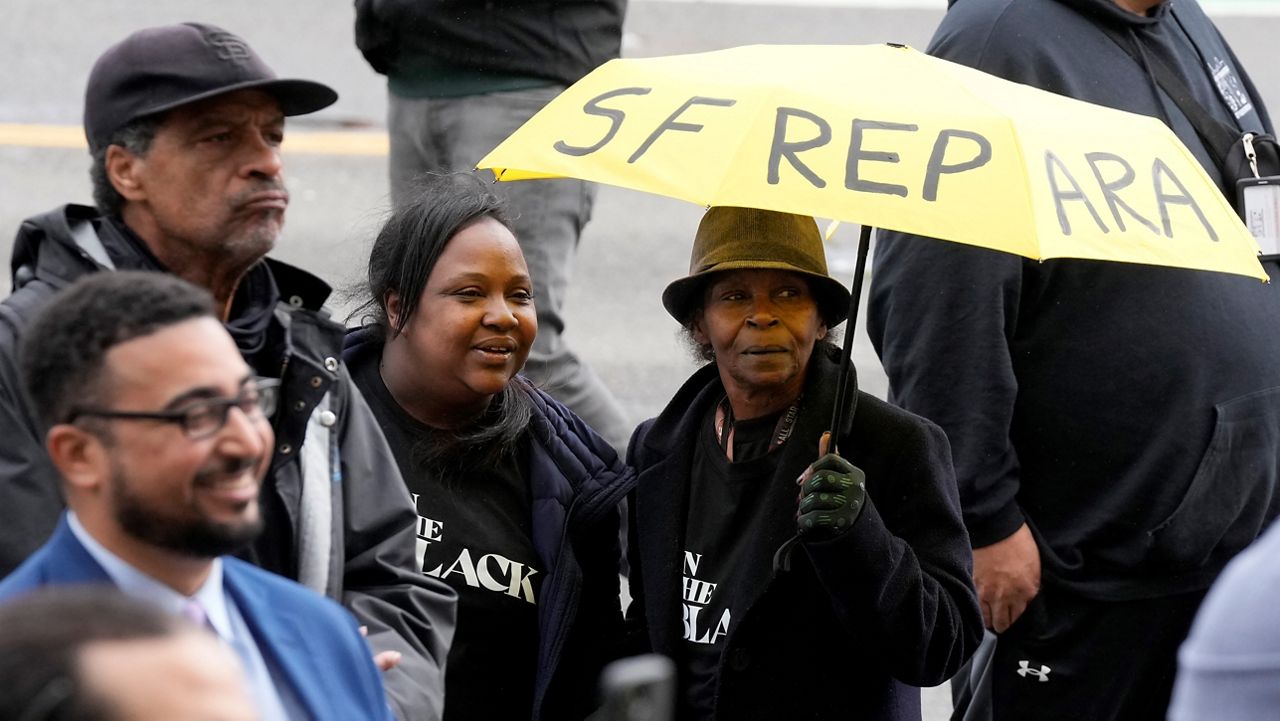LOS ANGELES — The Board of Supervisors voted Tuesday to explore additional efforts for making reparations to "historically disenfranchised" Black residents, including an offer of free admission for a day this month to attractions such as the Natural History Museum and county Museum of Art.
The board approved a motion introduced by Supervisor Holly J. Mitchell directing the county CEO and the director of Racial Equity for the Anti- Racism, Diversity and Inclusion Initiative to review a report of the California Task Force to Study and Develop Reparation Proposals for African-Americans and report back to the board in 120 days with recommendations for local reparation efforts.
The report is expected to include recommendations on actions county departments can take to provide reparations to eligible residents, along with proposed language for a board resolution that acknowledges and apologizes to Black residents and their descendants "for the county's role in structural racism, acts of violence and other such harms."
"With our history of legalized racism — including but not limited to redlining, housing discrimination, workforce discrimination, and school segregation — our current government needs to act just as resolutely to provide true reparations to historically disenfranchised Black county residents," the motion states.
The motion also calls for a separate report within 180 days providing a framework for reparation policies such as prioritizing housing for descendants of those who were displaced from their homes; financial restitution for people "who have suffered particular injuries"; a study of ways for providing monetary reparations, potentially through grants or philanthropic sources; and offering affected residents support with grant and loan funding or waiving permit fees for Black-owned businesses.
"I will note that we have relied on self-attestation eligibility for a number of county programs ranging from cash assistance to workers at the onset of pandemic," Mitchell said, noting that the motion is "just the next step in a very long journey."
Supervisor Lindsey Horvath highlighted the county's efforts since 2020 to "explicitly identify and address the systemic racism in institutions." In July 2020, the board adopted a motion expressing the county's commitment to being an anti-racist entity, and created the Anti-Racism, Diversity and Inclusion initiative.
"This motion recognizes the work we still need to do to combat racism, to address the legacy of slavery and its impact on African-Americans in Los Angeles today," Horvath said.
The motion also included a clause directing the National History Museum, the County Museum of Art and the Department of Beaches and Harbors and other relevant departments to provide one day of free access on or about the Juneteenth holiday for residents who register with the county for reparations eligibility.



